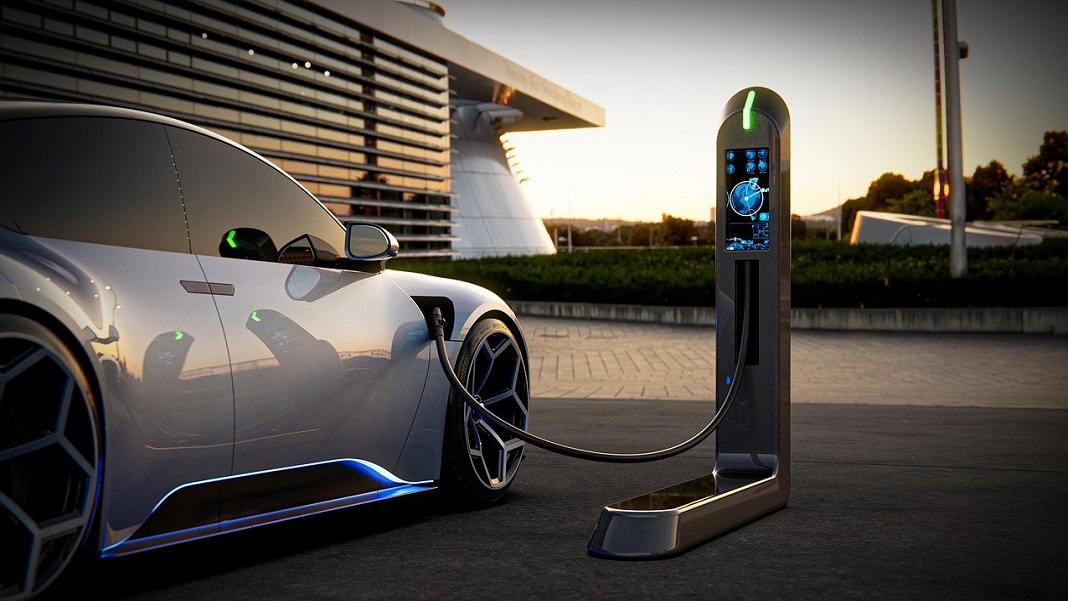Electric vehicles
(EVs) have been gaining popularity in recent years as an alternative to
traditional gasoline-powered cars. With advancements in technology and growing
concerns about climate change, EVs are becoming an increasingly attractive
option for environmentally conscious consumers. This article will explore the
benefits and challenges of electric vehicles, as well as the future trends in
this rapidly growing industry.
Benefits of Electric Vehicles
One of the biggest benefits of EVs is their
environmental impact. Unlike gasoline-powered cars, EVs produce zero emissions,
which makes them a much cleaner and greener option. In addition, EVs are often
cheaper to operate than traditional cars, as they require less maintenance and
have lower fuel costs. EVs also offer a quieter and smoother driving
experience, with instant torque and acceleration.
Challenges of Electric Vehicles
Despite the benefits, there are still some
challenges associated with EVs. One of the biggest barriers to widespread
adoption is the high cost of EVs compared to traditional cars. Additionally,
EVs have a limited driving range and require access to charging stations, which
can be a challenge for those living in apartments or in areas without adequate
charging infrastructure. Finally, there are still concerns about the
environmental impact of battery production and disposal.
Future Trends in Electric
Vehicles
Despite these challenges, the future of EVs
looks bright. As battery technology continues to improve, EVs will become
cheaper and more efficient, with longer driving ranges and faster charging
times. Governments around the world are also offering incentives to encourage
the adoption of EVs, such as tax credits and subsidies for charging infrastructure.
Finally, the rise of autonomous driving technology could make EVs even more
attractive, as self-driving cars could reduce traffic congestion and make it
easier for people to share vehicles.
Conclusion
Electric vehicles are poised to revolutionize
the automotive industry in the coming years, offering a cleaner, cheaper, and
more efficient alternative to traditional cars. While there are still
challenges to overcome, the future looks bright for EVs, with advancements in
technology and growing support from governments and consumers.


Comments
Post a Comment